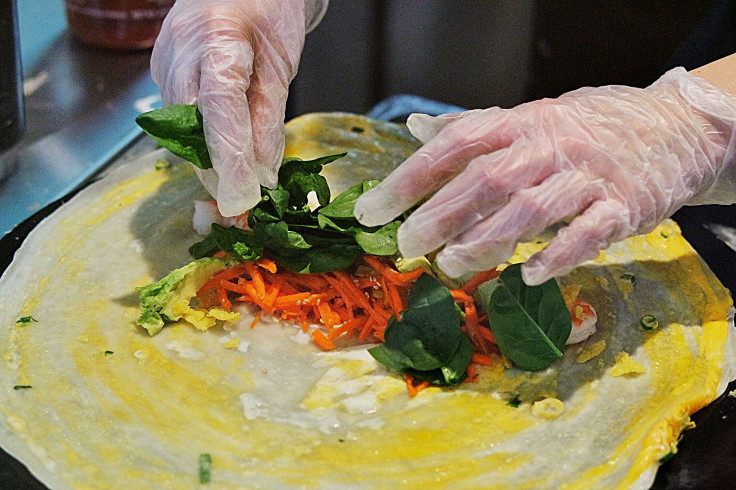84% of Australian fast food restaurants underpay workers - two in Melbourne underpaid employees by over $9,000

A fast food franchisee has been exposed short-changing employees by thousands of dollars, weeks after a report found 84 percent of fast food stores to underpay employees.
Two workers were underpaid by a combined total of $9,466 by two Bing Boy Asian food outlets in Melbourne’s CBD and Northland Shopping Centre.
The franchisee told the Fair Work Ombudsman Natalie James that despite paying the casual workers a flat rate of $13 per hour instead of the legal $23.15 plus penalty rates, it was nevertheless “good pay” and “common” amongst Asian fast food outlets.
“Employers simply cannot undercut the minimum lawful entitlements of their employees based on what they think the job may be worth, what the employee is happy to accept, what other businesses are paying, or what the job may pay in the employer’s or employee’s country of origin,’’ James said in a statement on Friday.
A spokesperson for Bing Boy told IBTimes Australia that “Bing Boy franchisor is currently investigating this issue with the respective franchisee who will be reprimanded for their breaches.”
Bing Boy also reissued fair work statements and award rate documentation to all franchisees on Friday as a precautionary measure. Bing Boy has 16 outlets in Melbourne alone, and a further 15 across Australia.
The incident comes just weeks after a report published by ER Strategies found that 84 percent of fast food outlets underpay their employees to some extent, while 78 percent did not make information about the relevant award or workplace agreement accessible to their employees.
The report also found that many fast food outlets store these documents in filing cabinets, which is considered to be insufficiently available to employees. Bing Boy confirmed that all franchisees had already been issued fair work statements and award rate documentation when they first opened.
An award is a legally enforceable outline of the minimum terms and conditions of employment for a particular industry, used as a benchmark against enterprise agreements between employers, employees and their union.
Other illegal practices uncovered by the report include 39 percent of employers awarding an incorrect base rate pay, 68 percent not paying a laundry allowance completely or at all for casual workers, and 21 percent not providing meal breaks for shifts longer than five hours.
Thirty percent of fast food stores also have rosters, timesheets and payrolls which do not match, with 29 percent of stores having their employee timesheets completed by the managers instead of the employees themselves.
“The risk of this process is that if an employee disputes their hours worked, there is only a record of what the manager says they worked, and no employee accountability of the actual start/finish times,” stated the report.
The Bing Boy franchisee, following the incident, agreed to an Enforceable Undertaking in which they agreed to be scrutinised by external auditors, provide employees with workplace relations training and turn over their timesheets and payrolls to the Ombudsman for the next full pay period.
The Fair Work Ombudsman’s Overseas Worker’s Team was established in 2012 to help these workers who are considered more vulnerable to exploitation and more often in need of special assistance. One of the two underpaid Bing Boy employees was a backpacker who held a 417 working holiday visa and spoke limited English.
In July 2015, fast food burger chain Grill’d renegotiated its workplace agreements with employees after one employee was let go after complaining about being underpaid.
The following month, a joint investigation into 7-Eleven convenience stores by ABC’s Four Corners and Fairfax Media unearthed “systemic underpayment of wages and the doctoring of payroll records within the country’s biggest convenience store chain.”
The Ombudsman provides a telephone interpreter service and a website with information in 27 languages.





















